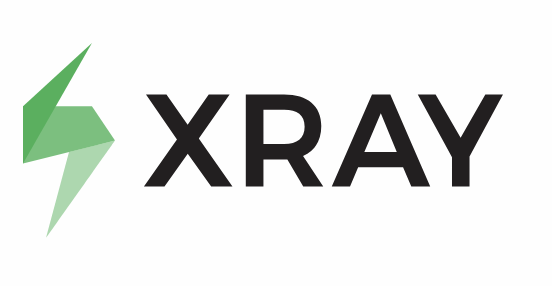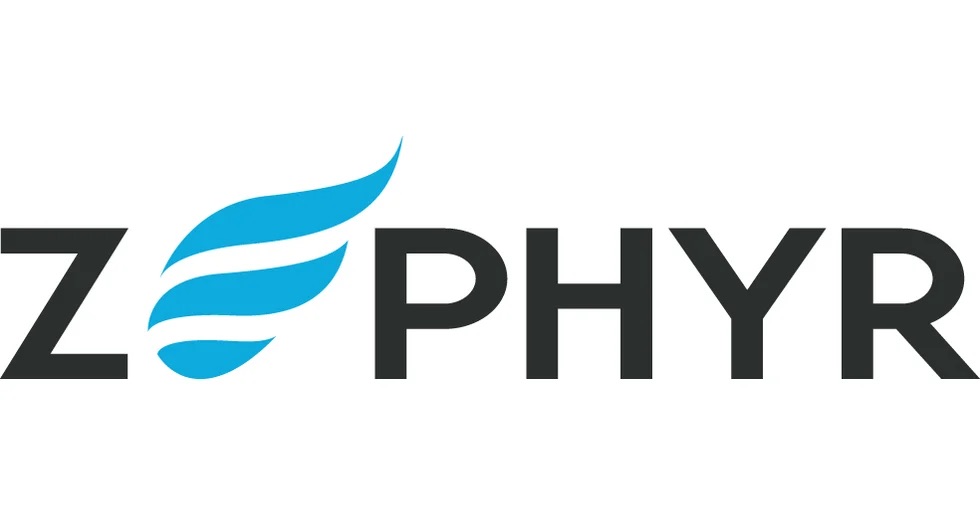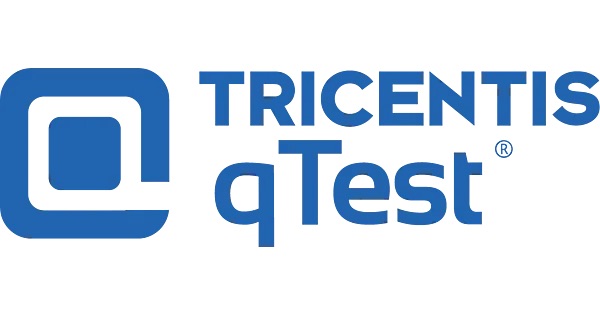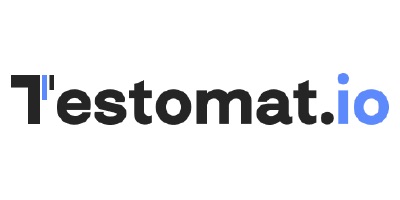Modern software teams may be faster than ever, but they can only release with confidence if they have strong testing practices in place. As distributed teams, hybrid QA models, and rapid DevOps cycles increase, test management tools have become the backbone of high-quality software delivery. In this guide, we break down the top test management tools every team should know, what makes them unique, and how SPK helps organizations choose, implement, and integrate the right solution.
Leading Test Management Tools: TestRail
Let’s take a closer look at today’s most widely adopted test management platforms across cloud, Jira-native, standalone, and cross-browser/mobile testing ecosystems.
TestRail is one of the most popular enterprise test management platforms, and for good reason. Customers consistently report major productivity gains:
- 65% increase in test coverage by more than half
- 82% significantly improves test visibility
- 84% save up to three hours per QA engineer every week
Key capabilities:
- Centralized Test Repository: Organize manual and automated tests in one structured system.
- Lightning-Fast Test Case Creation: Build from templates or reuse previous versions to save time.
- Version Control: Track and roll back changes with ease.
- Efficient Customization: Custom fields, workflows, and flexible test plan structures.
As customers put it, “TestRail is a great all-in-one tool for managing test repositories, creating test plans, tracking progress, monitoring automation coverage, and generating insights.”

Jira Integration
The TestRail Test Management Integration for Jira allows teams to:
- Link tests and runs to Jira issues
- Identify requirement gaps
- Sync manual + automated tests
- Ensure full traceability across the SDLC
Xray: Native Test Management for Jira
Xray is a fully Jira-native solution used by teams that want rich test management without leaving Jira. Because of this, teams benefit from shared terminology between dev and QA, built-in requirement traceability, and a unified DevOps-friendly workflow.
Key capabilities:
- Manage manual, exploratory, and automated tests as Jira issues
- Build BDD and Gherkin-based test cases
- Organize tests with folders, test sets, and test plans
- Execute tests across environments and consolidate results
- Integrate with CI tools using REST APIs
AI-Driven Test Authoring
- Instantly create manual or BDD test cases with AI Test Case Generation
- AI Test Model Generation (Enterprise) transforms requirements into visual models and detects gaps

Zephyr
The test management solution Zephyr offers two major Jira-native test management options, widely used across Agile and DevOps teams.
Zephyr Essential
Teams can manage and track their tests directly inside Jira, creating a single source of truth for quality activities with Zephyr Essential. They gain real-time reporting and full execution history to understand progress and identify risks quickly. The platform also provides end-to-end traceability, ensuring every requirement, test, and defect stays connected. With native BDD support through SmartBear tools, teams can seamlessly incorporate behavior-driven development practices. Additionally, they benefit from unlimited storage and cross-project sharing, making it easy to scale testing across teams and initiatives.

Zephyr
Zephyr (previously Zephyr Scale) delivers enterprise-grade test management designed to support complex, regulated, and fast-moving teams. It includes advanced reporting capabilities that provide deep visibility into quality trends and release readiness. With API-driven automation, teams can seamlessly integrate testing into their CI/CD workflows and reduce manual effort. Furthermore, the solution is built to scale for large organizations. This ensures consistent performance and reliability as teams and test volumes grow.
Zephyr Enterprise offers:
- AI-powered test creation and modification
- Scriptless automation workflows
- Seamless CI/CD integration
Tricentis qTest
qTest is a powerful standalone enterprise test management platform built for scale, automation, and DevOps.
Key capabilities:
- Real-time, event-driven Jira integration (no more sync delays or collisions)
- AI-driven test management, including natural-language test creation
- Hybrid methodology support across Agile, waterfall, or scaled frameworks
- Exploratory testing with screenshots + annotations
- End-to-end analytics and dashboards
- Test automation orchestration for any open-source or proprietary tool
- CI/CD integration with Jenkins, Azure Pipelines, Bamboo, GitLab, and more
qTest Enterprise AI unlocks LLM-powered authoring, maintenance, and test run analysis, which are all ideal for organizations scaling automation.

Testmo
Testmo focuses on fast, unified test management across manual, exploratory, and automated testing.

Key capabilities:
- Robust test case management
- First-class exploratory testing & session management
- Automated results ingestion from any CI pipeline or test runner
- End-to-end traceability across dev, QA, and automation teams
- Deep integrations with Jira, GitHub, GitLab, Jenkins, CircleCI, Selenium, and more
If your team wants a modern interface, fast workflows, and deep automation support without tool bloat, Testmo is an excellent fit.
BrowserStack
BrowserStack is essential for cross-browser, cross-device, and mobile testing. It is used worldwide for UI, responsive, and real-device validation.
Key capabilities for Web Testing:
- Manual cross-browser testing (Live)
- Automated testing (Selenium, Playwright, Cypress, etc.)
- Visual testing with Percy
- Accessibility testing (WCAG + ADA compliance)
- Test reporting and analytics

Mobile Testing
- Automated mobile testing via App Automate
- Visual UI validation (App Percy)
- Accessibility testing for mobile apps
BrowserStack also includes Test Management & Reporting tools to unify and analyze results across web, mobile, automation, and exploratory testing.
AI-Powered Test Management Tools
As AI rapidly reshapes the software delivery lifecycle, intelligent test management tools are emerging as force multipliers for QA teams. Testomat.io and AquaCloud represent a new generation of platforms that dramatically accelerate test creation, improve coverage, and reduce the manual overhead that traditionally slows down release cycles.

AquaCloud
AquaCloud automates nearly every aspect of test design, enabling teams to create requirements, test cases, and even test data in just three clicks. Whether the input comes from brief notes, voice prompts, or draft visuals, AquaCloud instantly transforms it into structured, actionable testing assets.
Because everything lives inside a centralized AI-powered test management platform, teams can complete testing activities in seconds rather than days. The result: more speed, less stress, and a dramatically more efficient QA process.
Testomat.io
Testomat.io unifies manual and automated testing in a single AI-driven ecosystem. It brings business analysts, developers, QA engineers, and non-technical stakeholders together into one loop. Additionally, its AI agents help teams create tests up to 50% faster, reduce bugs by 40%, and increase coverage by 30%.
Testomat.io supports modern, continuous testing practices with quality metrics, automation pipelines, and human-readable test design. It is especially useful for organizations moving quickly in Agile or DevOps environments.

The Importance of ALM Tools in Test Management
While standalone test management tools offer powerful capabilities, organizations increasingly benefit from managing testing within a broader Application Lifecycle Management (ALM) ecosystem. ALM platforms connect requirements, development, testing, risk, defects, and releases into one continuous lifecycle. As a modern, requirements-to-release ALM platform, PTC Codebeamer embeds test management directly alongside requirements, risk matrices, compliance workflows, and source code integrations. Azure DevOps provides another strong example of ALM done well. By unifying repos, pipelines, test plans, artifacts, and dashboards, it ensures QA is fully connected to the broader development toolchain.


The greatest advantage of ALM platforms with integrated test management is the out-of-the-box connectivity among all development artifacts:
- Requirements
- Designs and architecture documents
- Source code
- Risks and controls
- Test cases and automation
- Defects
- Releases
While standalone test management tools excel at depth and specialization, ALM platforms excel at coordination, lifecycle visibility, and governance. Most mature engineering organizations ultimately rely on specialized tools where needed, and ALM platforms to unify the entire process.
How SPK and Associates Helps Quality Teams Succeed
Choosing the right test management tool isn’t simple. Every organization has different needs across automation, scale, traceability, compliance, and workflow design. SPK brings decades of experience helping regulated teams build reliable, automated, and compliant QA workflows.
We help teams by:
- Selecting the right test management platform
- Implementing and integrating with task tracking, CI/CD, and ALM tools
- Automating test execution at scale
- Supporting highly regulated industries
- Providing ongoing managed services

Selecting the Best Test Management Tool for Your Organization
The test management landscape has never been richer, with powerful tools reshaping how teams plan, execute, automate, and report on testing. Whether your priority is AI-powered test creation, deep Jira integration, or enterprise-scale automation, there’s a solution built for your team. SPK and Associates helps organizations implement the right tools to support fast, safe, and compliant releases. If you are ready to modernize your test management ecosystem, SPK can help. Reach out to our team today.








